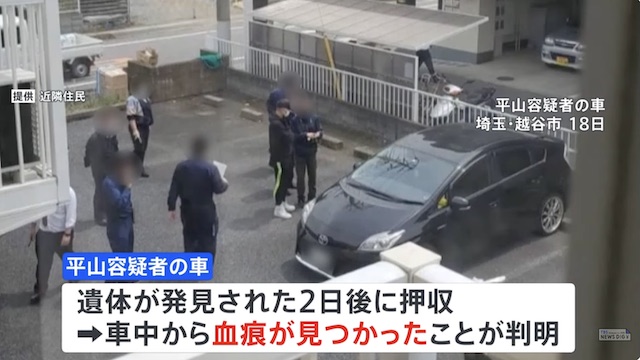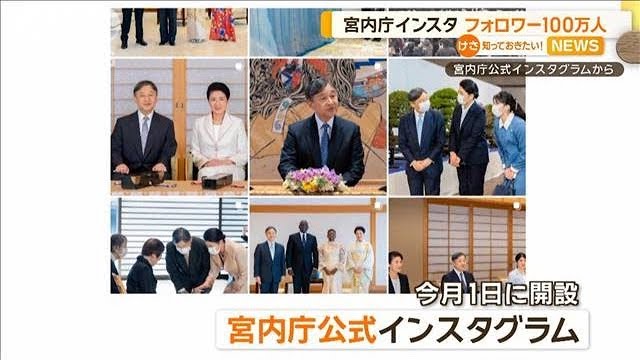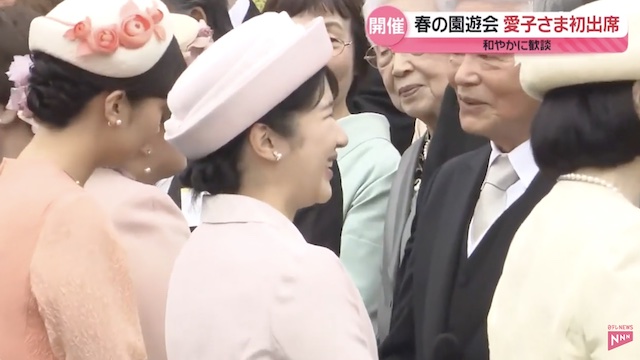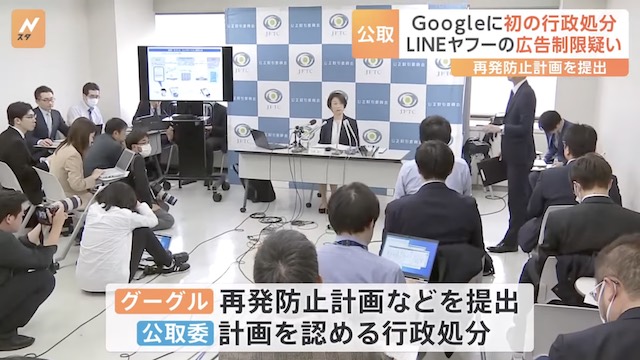Oct 25 (Nikkei) - Japanese consumers can count the toll of disruptions in global supply chains and shipping on their dinner plates.
The country's biggest convenience store chain, 7-Eleven, has stopped selling fried chicken on skewers -- a popular snack -- in certain regions. Meanwhile, some restaurants have limited poultry offerings to a paltry single skewer per customer.
Chicken has become the most visible example of Japanese shortages stemming from Southeast Asia, where the coronavirus pandemic has slowed poultry processing plants in key supplier Thailand. But wine, shrimp and other goods have also grown scarcer or pricier in a trend that threatens hopes for a recovery in consumer spending.
Customer traffic has picked up in Japan since a coronavirus state of emergency was lifted, upsetting a delicate supply-demand balance in the food industry. As cities ease coronavirus-related restrictions on restaurant hours and alcohol sales, one yakitori chicken restaurant chain has told customers they are only allowed to have one chicken skin skewer each.
A chicken shortage has forced some yakitori restaurants to introduce a limit of one chicken skin skewer per person.
Italian eatery chain Saizeriya has cut down its portion offerings for a popular spicy chicken dish since Sept. 21. Now instead of five pieces of chicken, customers only receive four.
Part of the reason for the chicken bottleneck in Thailand is a shortage of migrant workers from surrounding countries, which in turn prevents processing plants from regaining capacity quickly.
A shipping crisis caused by congested ports and a shortage of shipping containers have compounded the problem. Japanese inventories of imported chicken in August were down 20% from year-earlier levels, according to Tokyo-based Agriculture and Livestock Industries Corp.
Many in the industry believe supply chain disruptions will drag on. The potential for a resurgence of coronavirus infections in the winter adds to the uncertain outlook.
Restaurant operator Watami said big chains usually have medium- to long-term contracts with suppliers. They are high-volume buyers with a lot of bargaining power. But "if higher prices persist for six months or a full year, some sort of impact will emerge."
The pandemic has inspired Japanese to cut back on spending. Higher prices at restaurants or supermarkets risk chilling an expected recovery in consumption following the lifting of a coronavirus state of emergency.









